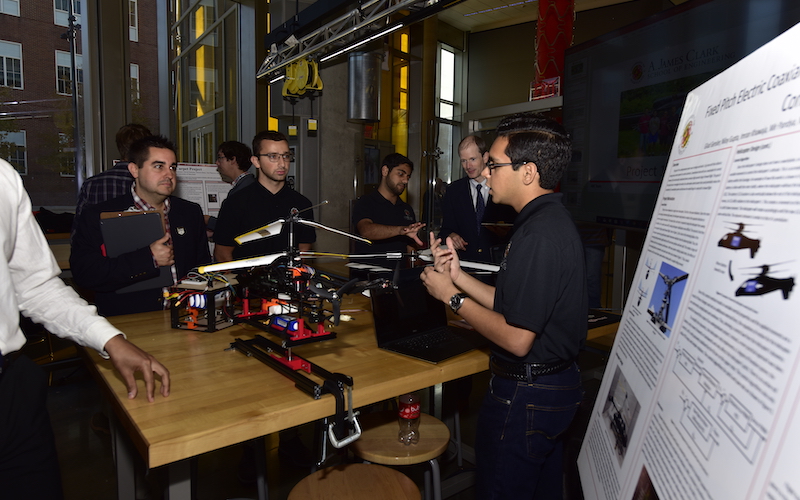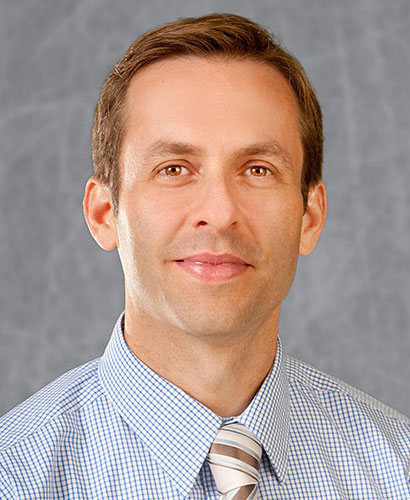Title: Liquid Metals for Soft Robotics
Abstract: This talk will discuss the use of liquid metals for soft and stretchable electronics and devices (1) . Alloys of gallium are noted for their low viscosity, low toxicity, and near-zero vapor pressure (2) . Despite the large surface tension of the metal, it can be patterned into non-spherical 2D and 3D shapes due to the presence of an ultra-thin oxide skin that forms on its surface (3) . Because it is a liquid, it can be patterned in ways that are truly unique for metals, such as printing, injection, and selective wetting. The metal is extremely soft and flows in response to stress to retain electrical continuity under extreme deformation (4) . By embedding the metal into elastomeric or gel substrates, it is possible to form soft, flexible, and conformal electrical components, stretchable antennas, and ultra-stretchable wires that maintain metallic conductivity up to the strain limits of the encasing material. In addition to discussing the advantages of these materials for electronics, this talk will focus on recent work from our group to utilize and understand the behavior of liquid metal. For example, it is useful for tactile sensors. The sensors detect touch from changes in capacitance. By using soft composites consisting of liquid metal particles dispersed in elastomer, it is possible to increase the dielectric properties while using ultra-soft materials (5) . Thus, the sensors are very sensitive to touch. Furthermore, liquid metals can form hermetic seals in soft devices. Normally, soft materials such as elastomers are highly permeable to gas, making them poorly suited for devices that contain gas or electrolyte, such as batteries (6) . Recently, we showed that liquid metals can form perfect barrier materials that are soft and stretchable. Finally, recent work shows it is possible to use liquid metal to actuate soft robots using either surface tension to exert forces on surfaces (7) or electrochemical formation of gas to expand pneumatic chambers (8) . Combined, these advances have exciting implications for soft robotic materials.
Michael Dickey received a BS in Chemical Engineering from Georgia Institute of Technology (1999) and a PhD from the University of Texas (2006) under the guidance of Professor Grant Willson. From 2006-2008 he was a post-doctoral fellow in the lab of Professor George Whitesides at Harvard University. He is currently the Camille and Henry Dreyfus Professor in the Department of Chemical & Biomolecular Engineering at NC State University. He completed a sabbatical at Microsoft in 2016 and EPFL in 2023. Michael’s research interests include soft matter (liquid metals, gels, polymers) for soft and stretchable devices (electronics, energy harvesters, textiles, and soft robotics).


